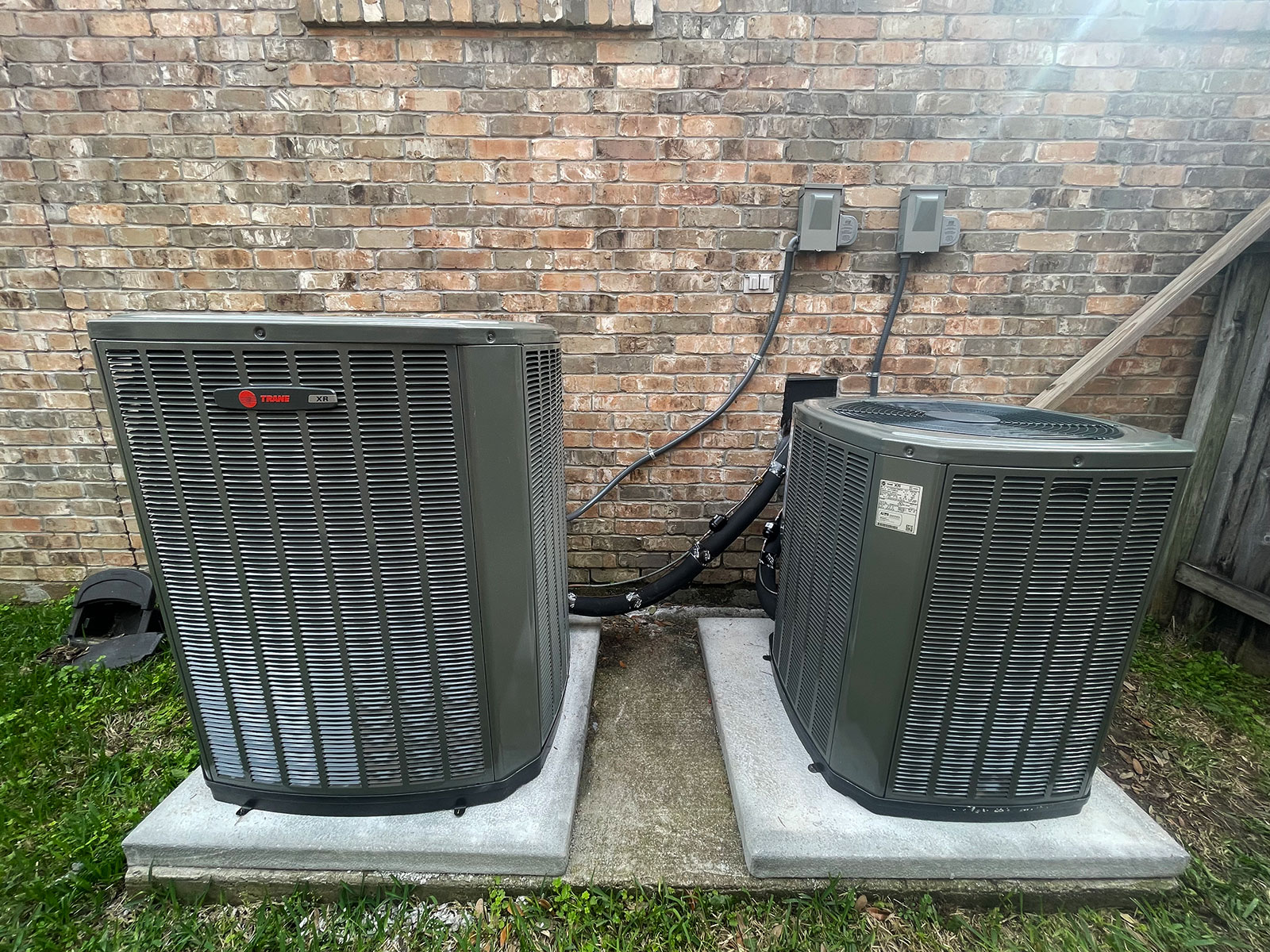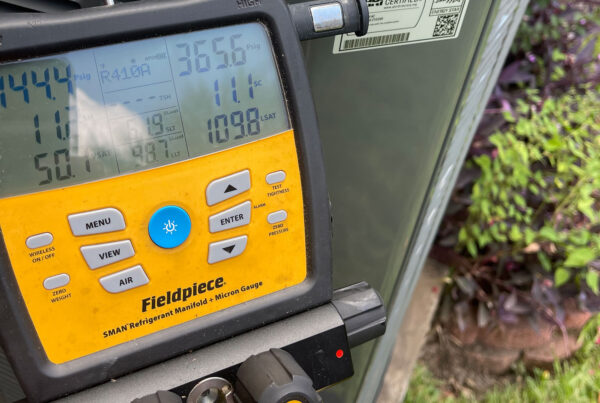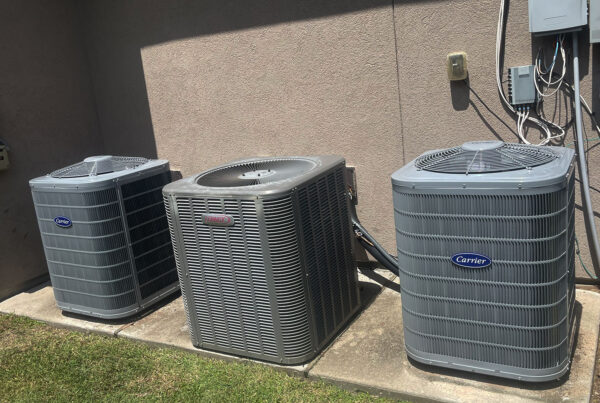Is your air conditioner making those strange noises again? Did your furnace just decide to take a mid-winter vacation? When your HVAC system acts up, it throws a major wrench into your home comfort. One inevitable question pops up: do you repair or replace?
The decision isn’t always easy. A repair seems like the obvious, cheaper fix. But sometimes, sinking money into an aging, unreliable system can be a waste of time and resources. Before you call your trusted HVAC technician, ask yourself these 5 critical questions to guide your decision-making process.
1. How Old is Your HVAC System?
Like all appliances, HVAC systems have a lifespan. Most air conditioners last around 10-15 years, while furnaces can live a bit longer, sometimes up to 20 years. If your system is approaching or exceeding this age range, a replacement is likely on the horizon. Older systems suffer from wear and tear, plus their components become less efficient over time.
2. How Big (and Frequent) Are the Repair Bills?
While a repair might seem like the budget-friendly choice, sometimes recurring breakdowns put a big dent in your wallet. If you find yourself calling for repairs multiple times a year, it’s time to tally up the expenses. A good rule of thumb: if the repair cost exceeds 50% of the value of a new system, consider replacement.
3. Is Your Energy Bill Climbing?
HVAC systems account for a huge chunk of your home’s energy consumption. Older units are notoriously energy inefficient. If your utility bills seem unusually high, and you’ve ruled out other causes, your HVAC could be the culprit. Modern, high-efficiency systems can dramatically lower your energy costs, offsetting the initial investment over time.
4. Are You Satisfied with Your Comfort Level?
Does your home feel consistently comfortable? Do you always have hot or cold spots, or does your AC struggle to keep up with the Houston heat? Persistent discomfort might be a sign that your unit isn’t properly sized for your home or has lost its ability to effectively regulate temperatures. A newer system could significantly improve your home’s comfort.
5. Is a Major Breakdown on the Horizon?
HVAC technicians are great at diagnosing problems. If your technician suggests a major component (like a compressor or heat exchanger) is about to fail, consider this a red flag. Such repairs are often very costly, and it might be wiser to invest that money into a reliable new system instead.
Beyond the 5 Questions: Other Things to Consider
- Rebates and Incentives: Utility companies and manufacturers often offer incentives for energy-efficient upgrades. These could significantly reduce the upfront cost of a new HVAC system.
- Warranty: A new system comes with a fresh warranty, giving you peace of mind against future costs.
- Home Value: A newer HVAC system can be an appealing feature to potential buyers if you’re considering selling your home.
The Choice is Yours, But We're Here to Help
Ultimately, the repair or replace decision is personal and depends on your specific needs and budget. If you’re still unsure, don’t hesitate to contact a reliable HVAC company. A qualified technician can assess your system, provide honest advice, and give you the information you need to make an informed decision.
Air Bourne Air A/C & Heat is always here to help you navigate the world of HVAC maintenance and make choices that ensure your home comfort for years to come. Contact us today!
Statistics regarding repair or replacing your HVAC system
Below are some statistics and reference links to help you determine if you should repair or replace your HVAC system. We offer free, no-obligation consultations to discuss your concerns and present options. At Air Bourne Air, we want you as a customer for life, so no pressure sales techniques, just honest evaluations and recommendations.
Absolutely! Here’s a breakdown of some helpful statistics and references to enhance your HVAC blog posts and provide your customers with authoritative information:
Statistics
- Average Lifespan:
- Air Conditioners: 10-15 years (Source: Energy Star: https://www.energystar.gov/products/heating-cooling/heating-and-cooling-systems/central-air-conditioners/how-choose-central-air-conditioner)
- Furnaces: 15-20 years (Source: Trane: https://www.trane.com/residential/en/us/resources/blog/how-long-does-an-hvac-system-last/)
- The “50% Rule”: This guideline suggests that if a repair costs more than 50% of the price of a new system, replacement may be the more financially sound option.
- Energy Efficiency Improvements: New HVAC systems can be up to 20% more energy efficient than those manufactured just 10 years ago. (Source: Energy Star: https://www.energystar.gov/)
- Increased Home Value: A newer HVAC system can be an attractive feature for potential homebuyers. (Source: Angi – formerly Angie’s List: https://www.angieslist.com/articles/articles/air-conditioner-life-expectancy.htm)




